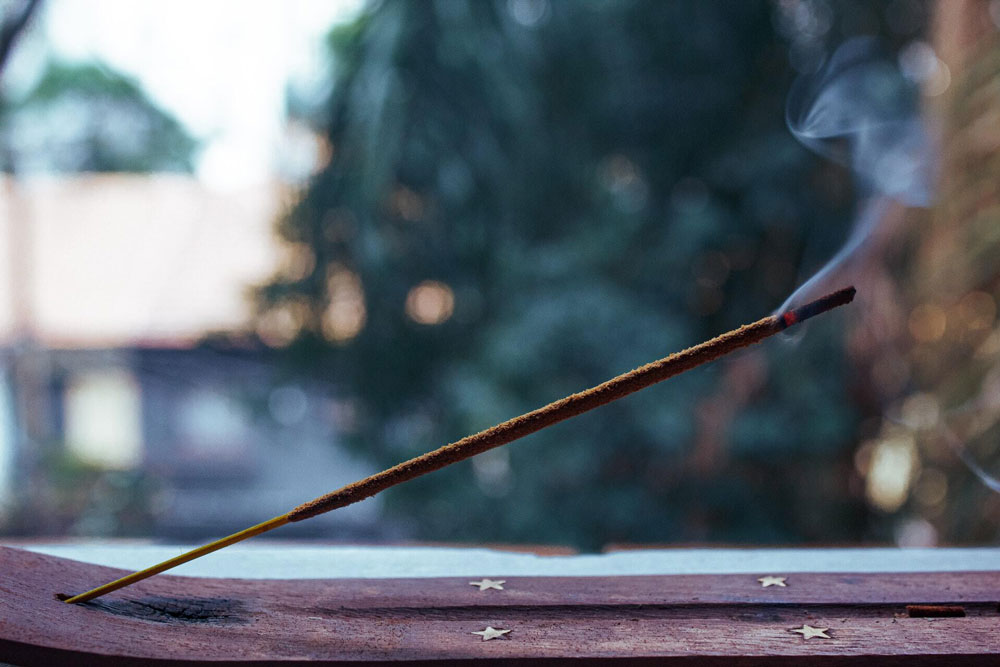No matter who we are or which lands we come from, we all have ancestors. Their (his)stories are interwoven throughout time and space, and their futures live on in us and all we do.
With the theme of ancestors in mind, Room Magazine invites unpublished writing for our issue 45.1, edited by Serena Lukas Bhandar, alongside Shadow Editors Holly Lam and Jane Shi and assisted by Jessica Johns.
We invite you to interpret our theme in the way that resonates most for you, whether that includes connecting with your ancestors, honouring the legacies you are a part of, setting out on a different path from those who came before you, or something entirely different.
When we think about ancestors, we think about diaspora, not knowing who you come from, being part of a creative lineage, mentorship, being a future ancestor, the Seventh Generation Principle, finding ancestors in unexpected places, intergenerational relationships, conversing with your ancestors, and reclaiming your ancestry from white supremacy, colonialism, and the heteropatriarchy, among many other interpretations.
In talking about ancestors in these difficult times, it’s also important to reflect on who we’ve lost in the last year, considering life and death, the known and unknown, and potentially even imagining what could have been. We’re grateful to be able to create space for writing on this theme, and look forward to reading your submissions.
In addition to unpublished writing, we’re interested in receiving art that responds to the theme of ancestors. Some possibilities we imagine include works that engage with archival materials (whatever that means to you) and artistic renderings of photographs.
Before submitting, please read our About section to see if your work fits within Room’s mandate, then refer to the Submission Guidelines on how to format your work. We are an international feminist magazine, and encourage writing and art submitted to us from all over the world.
Underrepresented writers—including but not exclusive to women, trans men, Two Spirit and non-binary writers who are Black, Indigenous, people of colour, queer, and/or disabled—are particularly encouraged to submit.
Deadline: July 31, 2021














